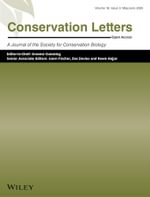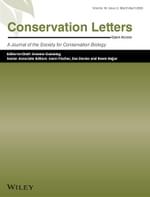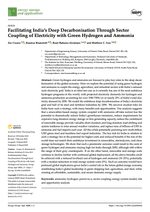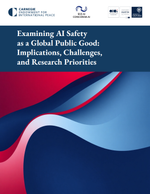Journal of Ethnic and Migration Studies
Hein de Haas First published on: 29 June 2010 (iFirst) DOI: 10.1080/1369183X.2010.489361
View Journal Article / Working PaperThe migration literature has identified various feedback mechanisms which explain why, once started, migration processes tend to become partly self-perpetuating, leading to the formation of migrant networks and migration systems. However, existing theories on the internal dynamics of migration processes are characterised by three fundamental weaknesses. First, their focus on migrant networks coincides with a neglect of indirect feedback dynamics that operate through the impact of migration on the sending and receiving contexts, changing the initial conditions under which migration takes place. Second, existing theories are unable to explain why most initial migration moves do not lead to network migration and migration system formation. Third, their largely circular logic reveals an inability to conceptualise which migration-undermining feedback mechanisms may counteract migration-facilitating feedback dynamics and which may explain the endogenous decline of established migration systems. By drawing on various disciplinary strands of migration theory and by applying insights from the critical social capital literature, this paper proposes a conceptual framework on the internal dynamics of migration processes by elaborating a set of hypotheses on the various migration-facilitating and migration-undermining feedback mechanisms at play in the various trajectories and stages of migration system formation and decline.




